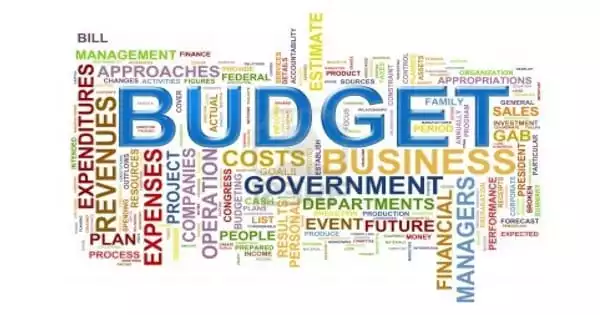A budget is a plan of action for the future. Managerial actions that follow their decisions about business aspects are based on a budget. The budget for any of the business’s activities is always forward-looking. It is prepared ahead of a specified time.
The primary goal of a business is to generate a revenue surplus that exceeds expenses in order to maximize profit. However, it is not the result of a dream or a stroke of luck. There is no magic formula for instantly increasing profit. Budgeting can increase the likelihood of profit in the given environment. Some notable budget objectives include providing an action plan, estimating income and expenditure, guiding management in forecasting and decision making, and so on.
The main objectives of budgets can be described as follows:
- Provide structure
A budget is especially useful for providing guidance to a company about the direction in which it should be heading. As a result, it serves as the foundation for determining what to do next. When management refers to it frequently and judges employee performance based on the expectations outlined within it, it provides a significant amount of structure.
- Estimation of Income and Expenses
A budget is a realistic estimate of a period’s income and expenses, as well as the financial position at the end of the period. During the planning process, management is also made aware of the business’s strengths and weaknesses in-depth, allowing it to devise strategies to counteract the threats it faces and fully capitalize on the opportunities it has.
- Predict cash flows
A budget is extremely useful in businesses that are rapidly growing, have seasonal sales, or have irregular sales patterns. These businesses struggle to predict how much cash they will have in the near future, resulting in periodic cash-related crises. A budget is useful for forecasting cash flows, but it produces increasingly unreliable results as time passes.
- Action Plan
The budget provides a coordinated plan of action designed to achieve the budget’s estimates. One of the most important goals of budgeting is to direct and coordinate business activities in a systematic and smooth manner so that goals are met. Responsibility centers may be established for this purpose.
- Comparing the Results
Another goal of a budget is to provide a comparison of actual results with those budgeted, as well as an analysis and interpretation of deviations by areas of responsibility to indicate corrective actions and lead to improvements in future plans. Unless and until actual performance is compared to budgets and control over off-budget performance is exercised, the basic purpose of budgeting is defeated.
- Providing Guidance
If there is an uncontrollable change in conditions, the budget can serve as a guide for management decisions in adjusting plans and objectives. Proper reporting to management is critical, and instructions are passed down the line on how to deal with deficiencies and shortcomings.
- Forecasting and Decision Making
It provides a ready basis for forecasting during the budget period in order to guide management in making day-to-day decisions. Unplanned expenditures are also managed as part of the process. Employees are given feedback on a regular basis so that corrective actions can be taken as soon as possible to meet the targets.
- Measure performance
A common goal in creating a budget is to use it as the foundation for judging employee performance by using variances from the budget. This is a perilous goal because employees attempt to change the budget in order to achieve their personal goals more easily.
















